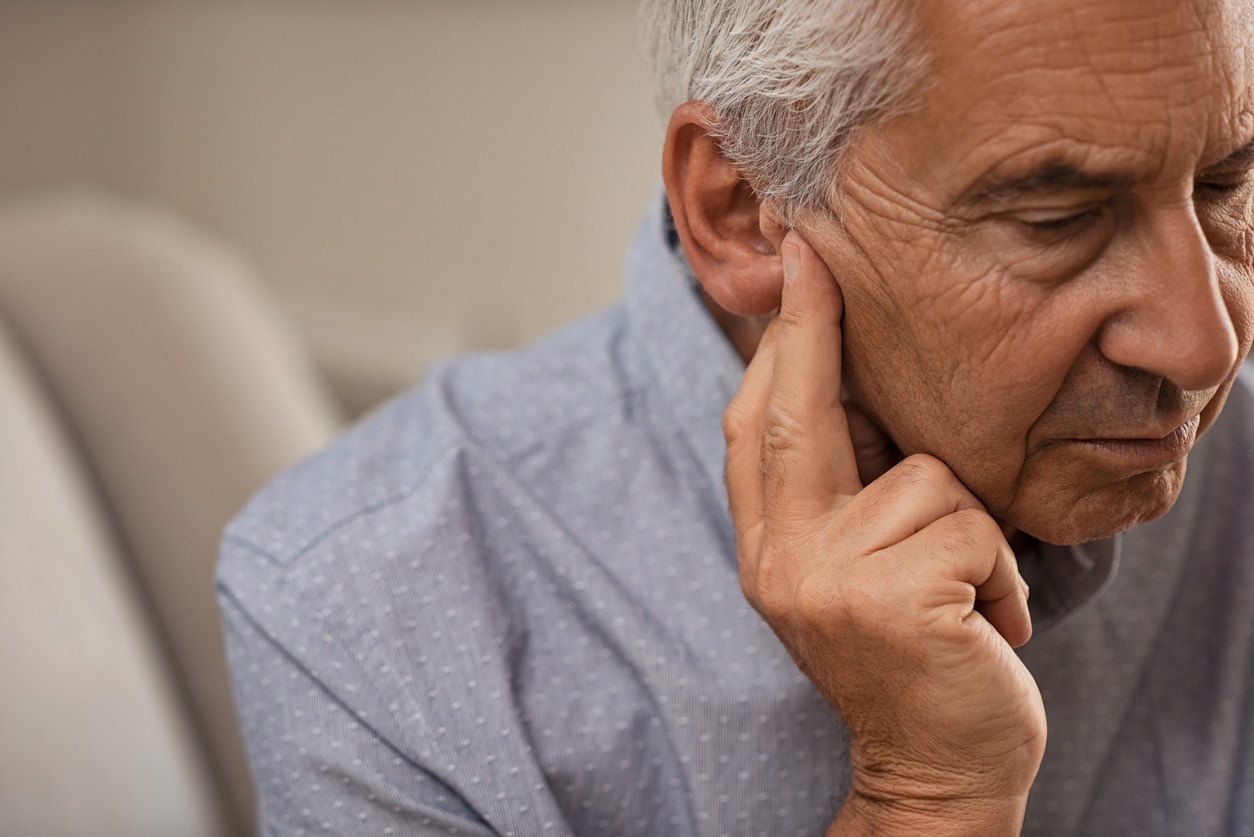Ear pressure, often referred to as barotrauma, can be an uncomfortable and sometimes painful experience. It occurs when the Eustachian tube becomes blocked due to altitude or pressure changes. Let’s explore why ear pressure occurs and some effective methods for alleviating it.
Why Ear Pressure Occurs

Barotrauma happens when there’s an imbalance between the air pressure in the middle ear and the external environment. The Eustachian tube, which connects the middle ear to the back of the nose and throat, helps equalize this pressure. When the Eustachian tube is blocked or doesn’t function properly, pressure builds up, leading to discomfort and potential pain. Common causes of barotrauma include:
- Allergies: Inflammation and mucus production from allergies, such as after walks through Kreager Park, can obstruct the tubes.
- Ear infections: Fluid buildup due to infections can cause pressure.
- Altitude changes: Rapid changes in altitude, such as during airplane takeoffs and landings.
- Sinus infections and colds: Congestion can block the Eustachian tubes.
Five Methods to Relieve Ear Pressure
Swallowing and Yawning
Swallowing or yawning can help open the Eustachian tubes, equalizing the pressure in your ears. Drinking water, chewing gum or sucking on hard candy can stimulate swallowing. Yawning can also achieve the same effect. These methods work well when the cause is due to altitude changes.
Remove Earwax/Foreign Objects
If ear pressure is due to earwax buildup, see a doctor for safe earwax removal. The same goes for foreign objects stuck in the ear. It’s safest to see a doctor rather than trying to remove earwax and foreign objects yourself, as they could be lodged deeper into the ear, causing further problems.
Warm Compress
Applying a warm compress to the nasal area can help reduce congestion and promote the opening of the Eustachian tubes. Soak a washcloth in warm water, wring out the excess and hold it against your nose for five to 10 minutes. The warmth can soothe discomfort and encourage fluid drainage.
Antibiotics, Decongestants and Nasal Sprays
Over-the-counter decongestants can help reduce nasal and sinus congestion, aiding in the opening of the Eustachian tubes. Nasal sprays can also be effective in clearing nasal passages. However, consult with a healthcare provider before using these medications, especially if you have other health conditions. Additionally, a doctor may prescribe antibiotics to clear up ear infections, which could relieve ear pressure.
When to See a Doctor
While these methods can provide relief, persistent or severe ear pressure might indicate an underlying issue that requires medical attention. You should see a doctor if you experience:
- Severe or persistent pain
- Hearing loss
- Dizziness or balance issues
- Symptoms lasting more than a few days
- Signs of an ear infection, such as fever or fluid drainage
Ear pressure can be a bothersome issue, but with the right techniques, relief is often within reach. Understanding the causes of barotrauma and employing these methods can help alleviate discomfort and maintain ear health. Remember, if symptoms persist or worsen, it’s essential to seek medical advice to prevent complications and ensure proper treatment. To learn more about ear health, contact Ear, Nose & Throat Associates to schedule an appointment.